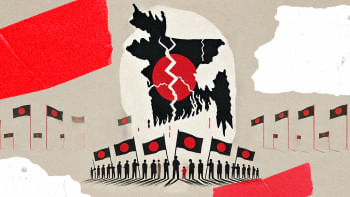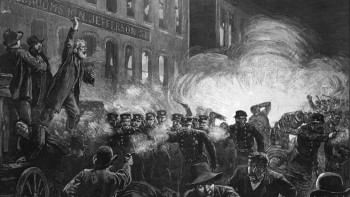
Azfar Hussain
Dr Azfar Hussain is director of the graduate programme in social innovation and professor of integrative/interdisciplinary studies at Grand Valley State University in Michigan, US. He is also summer distinguished professor of English and Humanities at the University of Liberal Arts Bangladesh (ULAB) and vice-president of US-based Global Center for Advanced Studies.

















